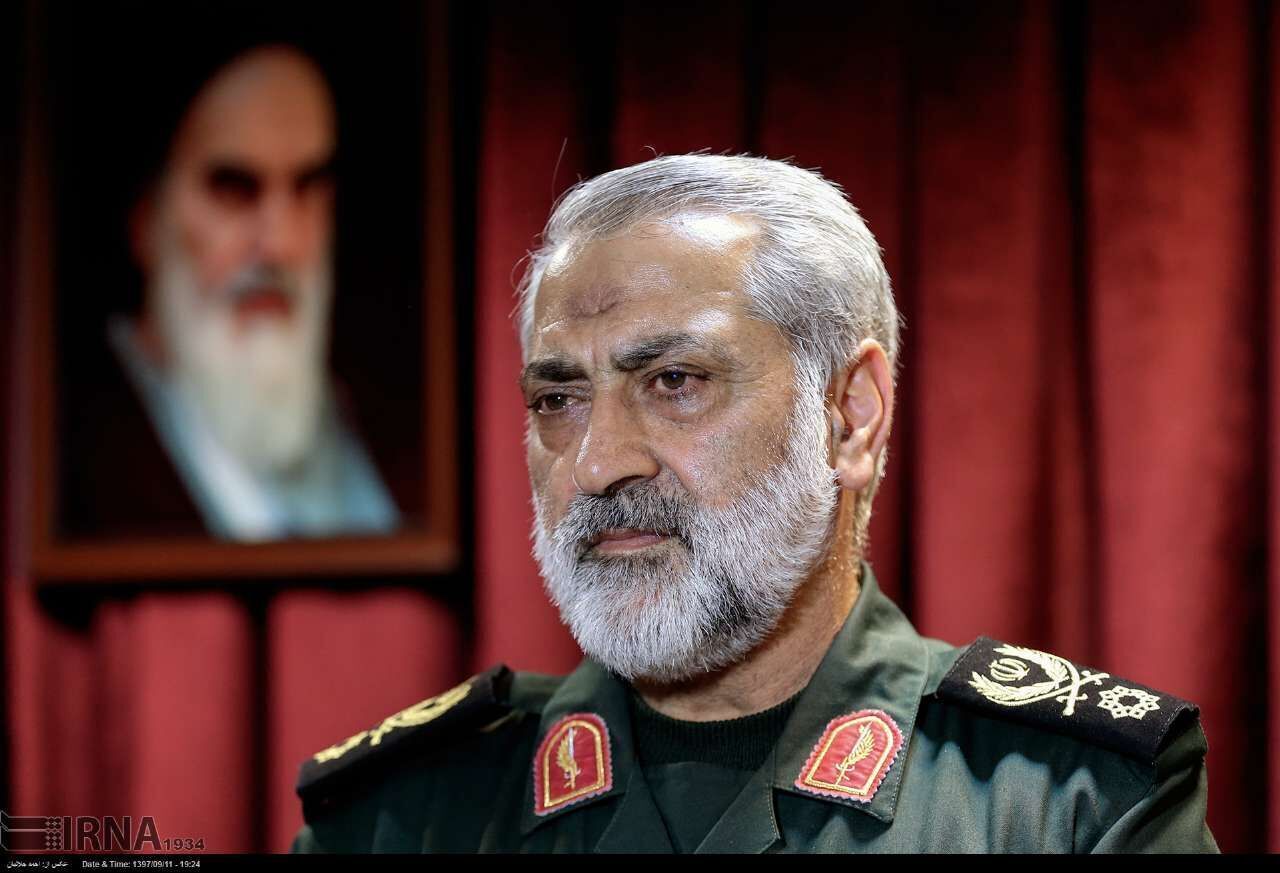
Similar Posts
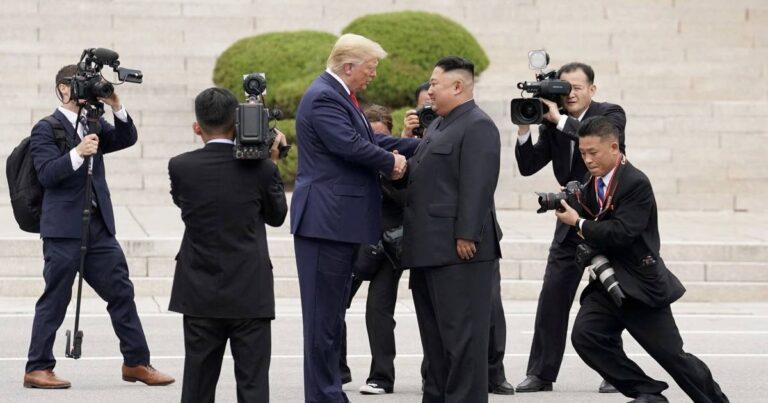
Iranian Lawmaker Advocates for Nuclear Arsenal, Inspired by North Korea’s Security Strategy
A member of Iran’s parliament, Ahmad Naderi, has called for the country to develop and test atomic weapons, citing North Korea’s nuclear program as a model for enhancing national security. His remarks reflect a growing sentiment among Iranian hardliners in response to perceived threats from former President Trump. Naderi emphasized that possessing nuclear arms could deter aggression, a view supported by other political figures, including veteran negotiator Ali Larijani. Amid escalating tensions with the US and Israel, Iranian lawmakers are advocating for a reassessment of the nation’s nuclear policy, raising concerns about Iran’s potential nuclear ambitions and regional security implications.
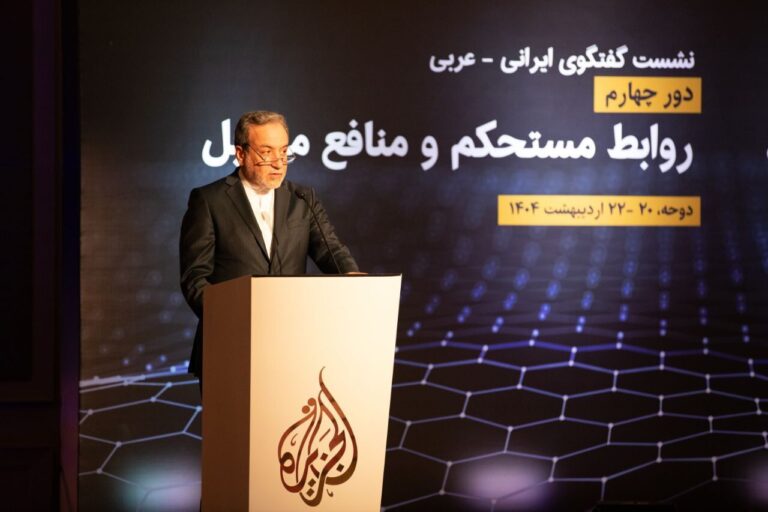
Iran Asserts Right to Peaceful Nuclear Energy Use, Including Enrichment
Iranian Foreign Minister Abbas Araqchi reaffirmed that Iran forbids the acquisition and use of nuclear weapons, emphasizing its commitment to the international non-proliferation regime while asserting its right to peaceful nuclear energy and enrichment. Speaking at the 4th Iran and Arab World Conference in Doha on May 10, 2025, he stated that Iran does not seek nuclear weapons and supports a nuclear-weapon-free zone in West Asia. Araqchi urged Western nations to avoid double standards on nuclear issues and confirmed ongoing dialogues with the US, Europe, Russia, and China regarding these matters.
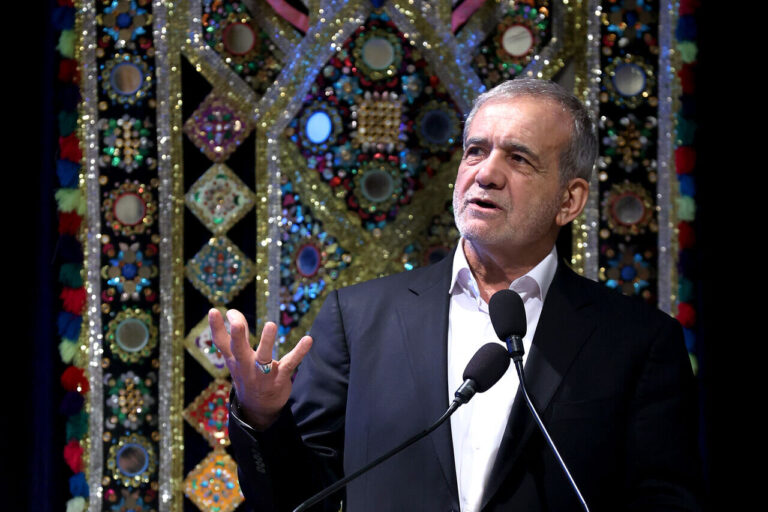
Iran’s Rivals: The Primary Backers of Global Terrorism, Claims Pezeshkian
In a recent speech in Tehran, Iranian official Pezeshkian countered accusations against Iran as a “terrorist state,” asserting that the nation is a victim of terrorism. He criticized Western nations for their double standards on human rights, particularly their support for the Mujahedin-e Khalq Organization, responsible for violence against Iranians. Pezeshkian condemned Israel’s actions and the silence surrounding Gaza atrocities. He recalled Iran’s historical struggles since the 1979 Islamic Revolution, emphasizing the sacrifices made by youth. He expressed confidence in Iran’s resilience and commitment to peace and unity, stating that growth is only achievable in a stable environment.
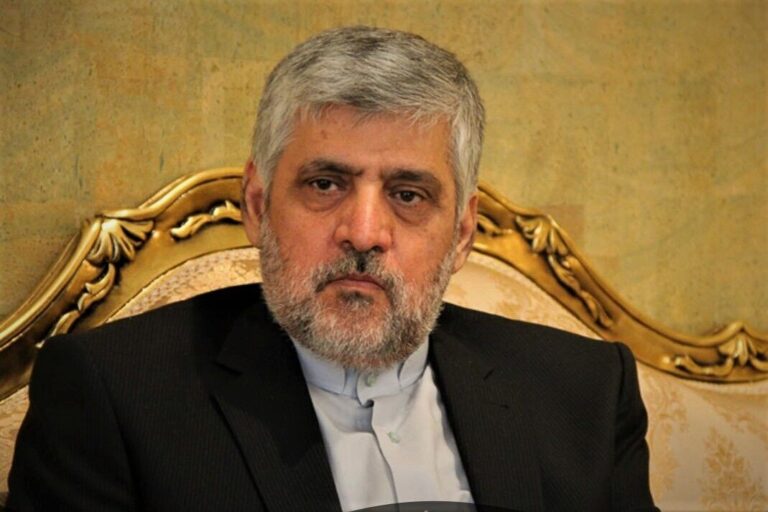
Iran Stands Firm Against Foreign Intervention in Syria, Says Diplomat
Iran has firmly opposed external intervention in Syria, advocating for political, ethnic, and cultural unity achieved through dialogue, as stated by diplomat Mohammad Reza Raouf Sheibani at the Tehran Dialogue Forum. He identified the occupation of Syrian territories by foreign forces, particularly Israel, the U.S., and Turkey, as a major challenge that fosters insecurity and ethnic conflict, potentially reviving terrorism. Sheibani emphasized the importance of protecting minority rights and warned that Syria’s disintegration aligns with Israel’s strategic goals. The security situation has worsened under Hay’at Tahrir al-Sham, exacerbating sectarian violence and fears among minorities.
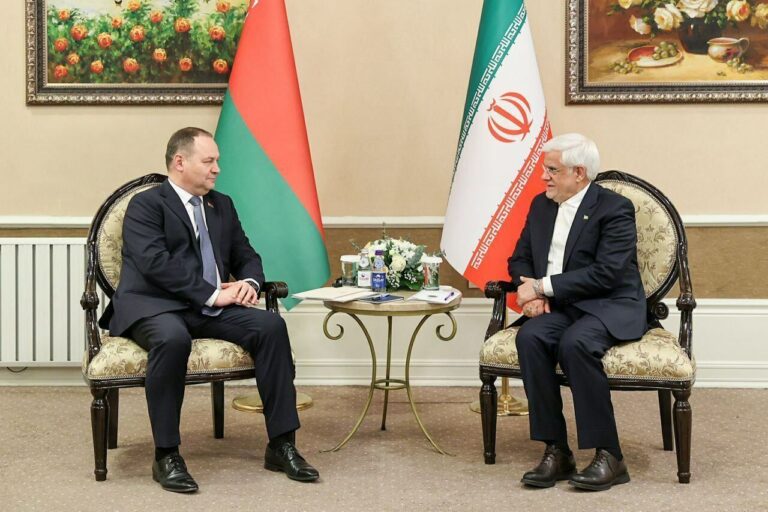
Iran Embraces Strengthened All-Out Partnership with Belarus
Iran’s First Vice President Mohammad-Reza Aref recently met with Belarus Prime Minister Roman Gluchenko to discuss strengthening diplomatic and economic ties between their nations. Aref emphasized the importance of deepening all-encompassing relations and activating the joint cooperation commission. He advocated leveraging regional opportunities, particularly through international summits like the Eurasian Union, to boost commercial collaboration, especially in the private sector. Aref also highlighted the significance of cultural and historical ties in building stronger connections. The meeting reflects a commitment to fostering a robust partnership and enhancing cooperation between Iran and Belarus.
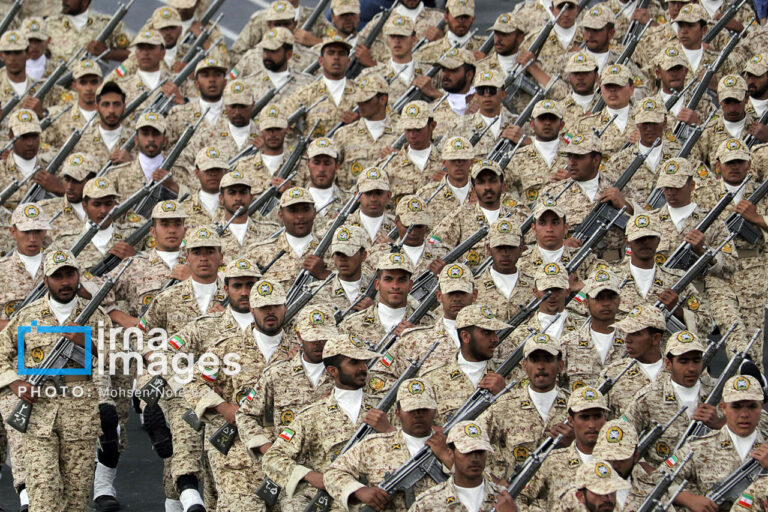
Iranian Army Pledges to Thwart Enemy Ambitions and Safeguard National Interests
The Islamic Republic of Iran Army has reaffirmed its dedication to defending the nation’s territorial integrity and security, emphasizing readiness to counter adversaries. In a statement commemorating the anniversary of the Liberation of Khorramshahr on May 24, 1982, the Army highlighted this event as a symbol of resilience and victory over oppression. It serves as a warning to enemies against invasion. The statement acknowledges ongoing threats while pledging a decisive response guided by the Leader of the Islamic Revolution. The liberation is seen as a pivotal moment in Iran’s history, achieved through unity and faith during the war against Iraq.